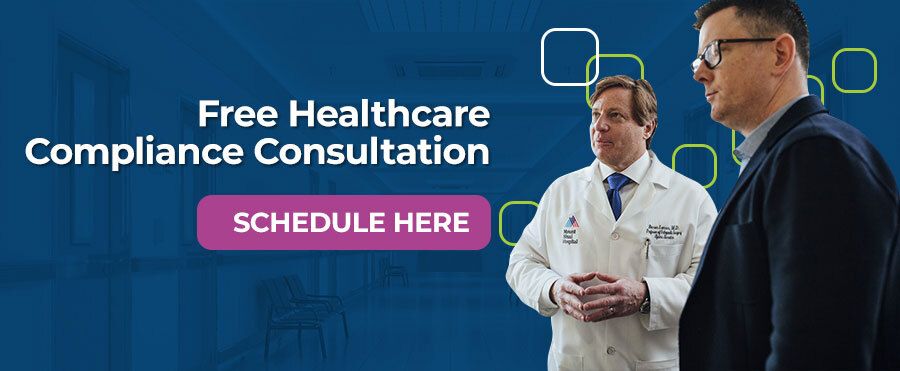
Essentials for Establishing a Culture of Compliance
In a healthcare organization, a successful compliance program details the organization's commitment to ethical behavior. Compliance must be embedded in the daily interactions of everyone inside the organization; thus, creating a culture of compliance. A successful compliance program includes fundamental principles, values, and a framework for action within the organization.
"Half the world is composed of people who
have something to say and can't, and the other half who have nothing to say and
keep on saying it." - Robert Frost.
Many workplaces
have a similar problem to what Robert Frost is referring to in the above quote. There are always those employees who talk in excess providing diluted down bits of important information. Then there are other employees that may be more on the quiet side and withhold sharing information. There are several reasons why someone may not
speak up, including that they could feel silenced by those who talk too much or
their insecurities of not knowing who to tell and how to explain it. Healthcare organizations experience this as
well, though, with some of the important things needing to be communicated
including concerns over patient care, safety, medical errors, breaches, and more!

Effective Lines of Communication at Work
A successful compliance program should include Effective Lines of Communication, also referred to as Open Lines of Communication, that provides options for workforce members to ask questions, report problems, or share concerns. For example, reporting suspected fraud and abuse, or a violation of a compliance policy. Open Lines of Communication should be encouraged as part of the culture of the organization. In addition to this, confidentiality and non-retaliation policies should be developed and distributed to all employees.
Lines of
Communication that should be considered and implemented include:
Have
clear and open lines of communication between the Compliance Officer and
employees.
Maintaining
an anonymous "hotline" for any member of the workforce to report issues or
concerns.
Enforcing
a non-retaliation policy for employees who report potential problems.
Providing
a direct line of communication between the Compliance Committee and the Board.
Have
surveys or other tools available to receive feedback from the workforce on the training they have received and on the compliance program.
Providing
current information connecting employees, for instance, a newsletter or an
internal website that has visibility for all employees.
Holding regular Compliance Committee meetings where problems and concerns are discussed.

Creating a Culture of Compliance
Since compliance
isn't something that can be placed on pause to be caught up on later, it is
essential for it to be incorporated into an organization's culture. Along with having clear lines of
communication practices in place, it is important to have leadership set the
standards for the workforce to follow, by:
Being
an example and not taking shortcuts.
Being
organized in training, testing, and following up with employees.
Having
clear standards to follow.
Holding
meetings that have set agendas and goals.
Finding
ways to incentivize being compliant to engage employees.
Being
available to employees to speak to about their concerns and issues.
Keep Compliance Accountability
To be able to develop a culture of compliance within an organization, it is important to incorporate a consistent expectancy of accountability for all employees. Regardless of the position that they may be in, for example, the physician who makes a mistake is just as accountable as the medical billings employee who made an error. Accountability is accomplished by having clear standards and consequences in place. Remember, not being compliant can be costly for the bottom line and jeopardize the success of an organization.
Using Resources Available
Did you know Healthcare Compliance Pros helps organizations ensure Lines of Communication are implemented? Compliance Programs are set up with these policies that provide procedures for open lines of communication between the compliance officer and employees. A Compliance Hotline can be utilized and distributed for employees to ask questions, report problems, or share concerns - without fear of retaliation. We provide a tool for scheduling, planning, and documenting Compliance Committee meetings. Minutes from the meeting can easily be shared with your Board members. Please feel free to contact us if you have additional questions or want to make sure these Lines of Communication are set up for your organization.

